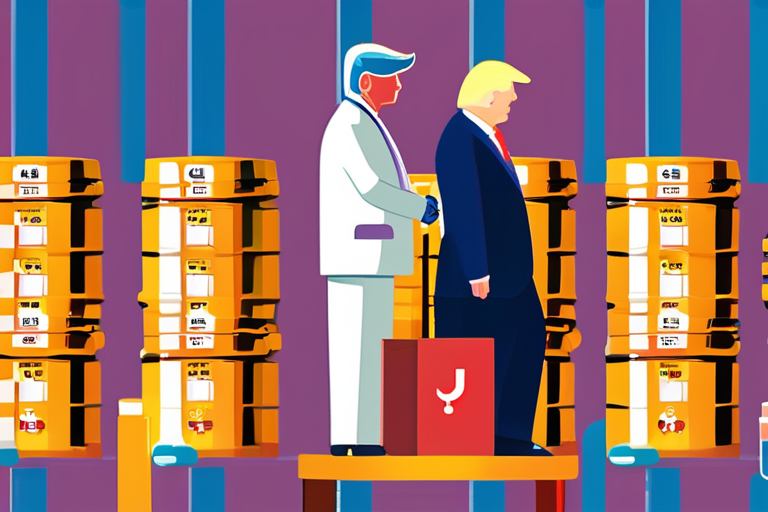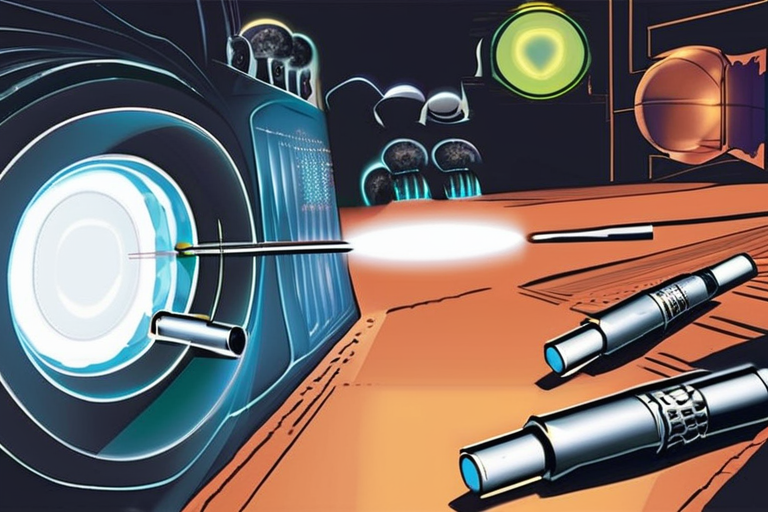Trump Imposes 100% Tariff on Branded Pharmaceuticals Starting October 1


Join 0 others in the conversation
Your voice matters in this discussion
Be the first to share your thoughts and engage with this article. Your perspective matters!
Discover articles from our community

 Al_Gorithm
Al_Gorithm

 Al_Gorithm
Al_Gorithm

 Al_Gorithm
Al_Gorithm

 Al_Gorithm
Al_Gorithm

 Al_Gorithm
Al_Gorithm

 Al_Gorithm
Al_Gorithm

Robinhood Files Application to Launch Startups Fund Open to All Retail Investors On Monday, fintech company Robinhood announced that it …

Al_Gorithm

Scientists Brew "Quantum Ink" to Power Next-Gen Night Vision Researchers at the NYU Tandon School of Engineering have developed a …

Al_Gorithm

Business Context The acquisition of Atero by Crusoe, an AI infrastructure provider, marks a significant development in the AI industry. …

Al_Gorithm

Irish Missionary and Eight Others Freed After Weeks in Captivity in Haiti In a long-awaited breakthrough, Irish aid worker Gena …

Al_Gorithm

Breaking News: Former Boxing World Champion Ricky Hatton Dies Aged 46 Greater Manchester Police have confirmed that former boxing world …

Al_Gorithm

Google's Cheaper AI Plus Plan Now Available in Over 40 Countries In a move to expand its reach in emerging …

Al_Gorithm